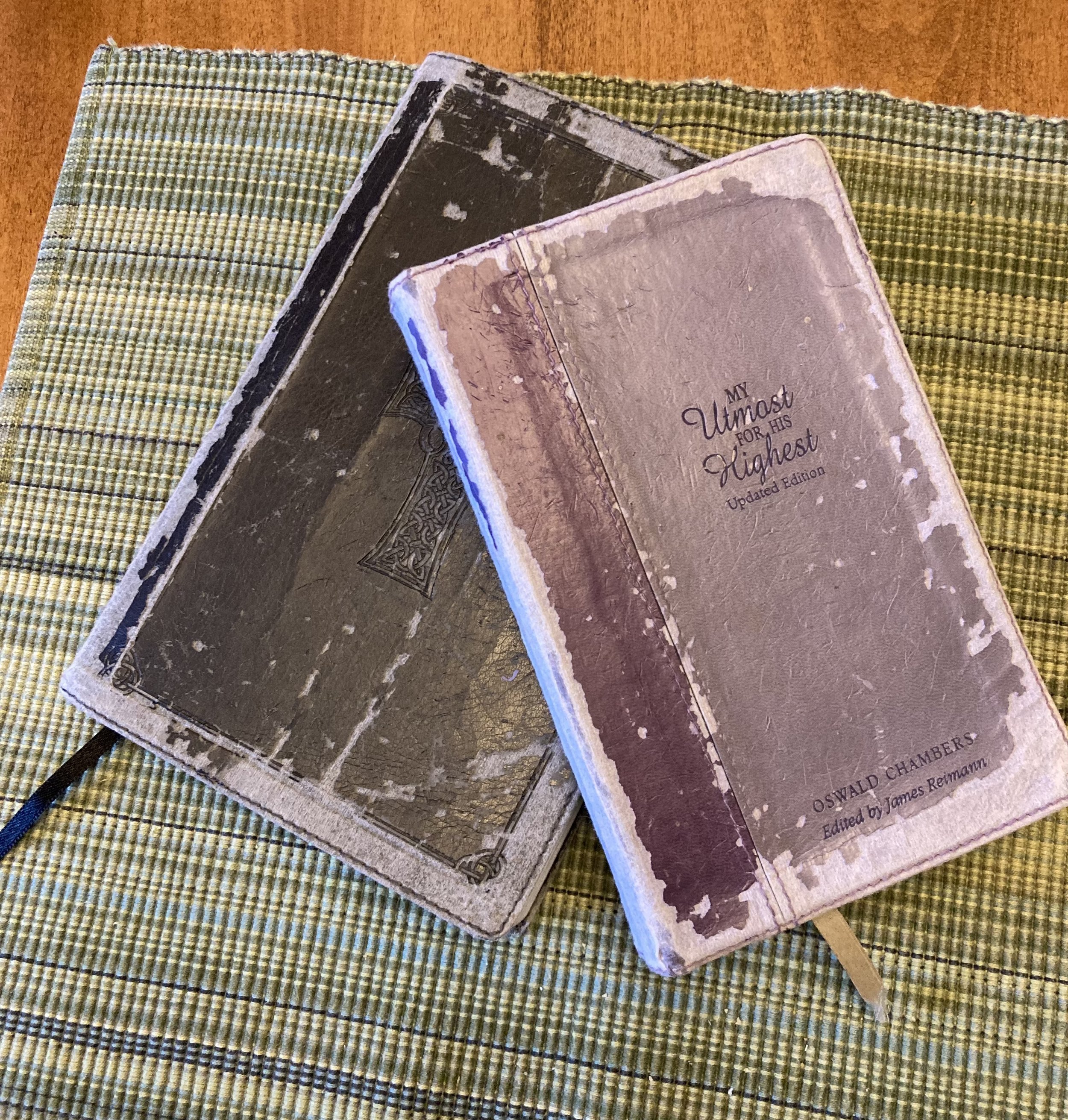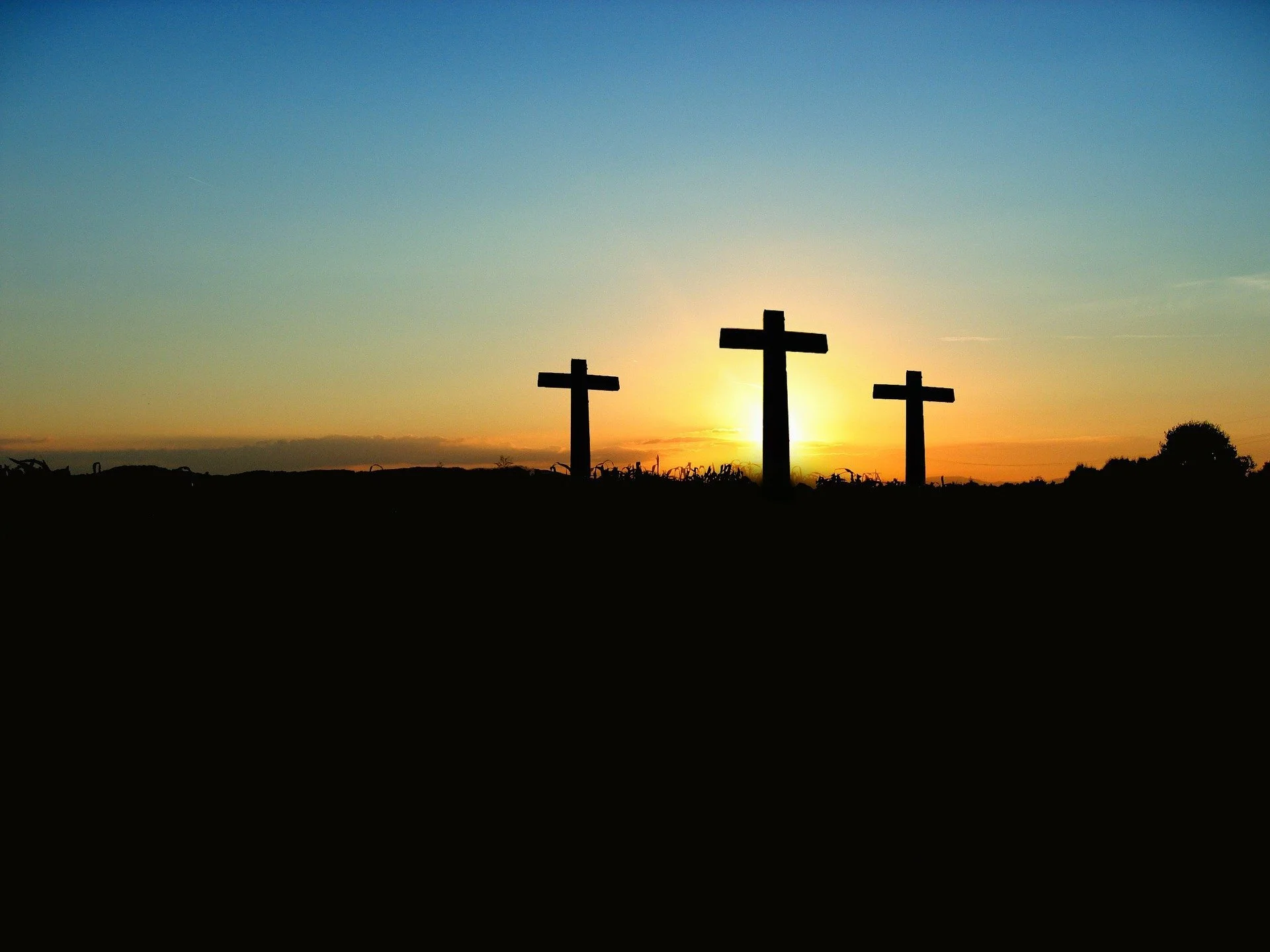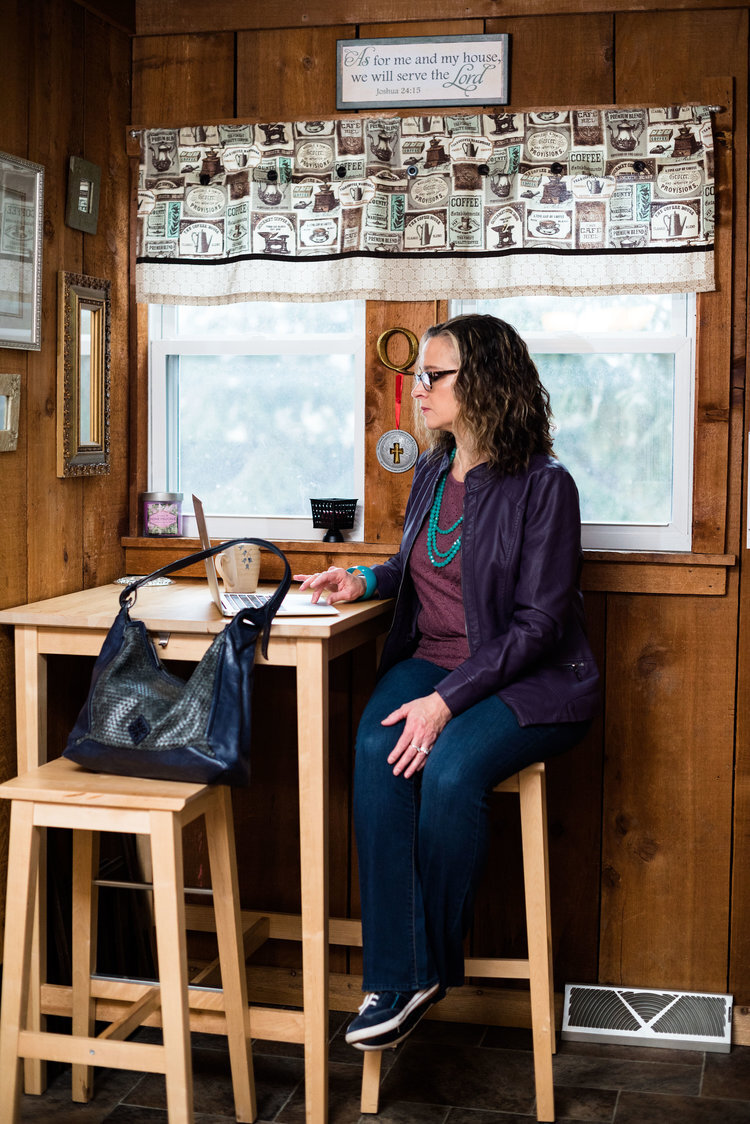A Series of (Un)Fortunate Events - Part 1: A Necessary Departure
In the book series, A Series of Unfortunate Events by Lemony Snicket (real name Daniel Handler) we follow the tale of three orphans whose lives could only be described as a winsomely tragic. I have not read the books, but my grandson has, and the two of us have worked our way through the Netflix series starring Neil Patrick Harris as the persistent bad guy Count Olaf, and Patrick Warburton as the author/narrator, Lemony Snicket.
Image by Ulrike Mai from Pixabay
From the start the audience is told by the author to “look away” to keep themselves from having to see the tragic misfortunes of the three Baudelaire children who become orphans at the very start of the tale. What follows is misfortune after misfortune. From the reader’s or watcher’s perspective, the difficulties are seat squirming events that rapidly unfold taking the three children from the safety and security of their home and their parents, into the ugly, downtrodden clutches of Count Olaf. Time after time we think things will get better to only end up in a worse place, or more difficult situation.
Our own lives can often seem like a series of unfortunate events. Most of you probably have experienced those times in life when one thing after another goes wrong: the refrigerator dies, the car won’t start, you have a fight with your spouse, the kids get sick and you can’t find that piece of paperwork you needed for an important work meeting. I am not sure why things go this way. Perhaps it is the reality of the fallen world we live in: things break, stop working and get messed up. Relationships are hard. Children require energy and work, and some of us are constantly fighting the battle against clutter.
Image by Kateřina Duskova from Pixabay
Trouble is not anything new. Since the fall of Adam and Eve from God’s grace in the Garden of Eden, trouble has hounded mankind. Jesus gave us a heads up in the New Testament when he stated:
“These things I have spoken to you, so that in Me you may have peace. In the world you have tribulation, but take courage; I have overcome the world.””
When we look at the full chapter of John 16 we see Jesus talking to his disciples about the future, theirs and His. What he tells them is not pleasant. He tells them that they will be outcasts from the Synagogue and that people will want to kill them. He also tells them that He will be leaving. Their hearts are heavy, but He reveals that if He doesn’t leave he cannot send the Helper (Holy Spirit) to them.
Image by Gerd Altmann from Pixabay
“13 But when He, the Spirit of truth, comes, He will guide you into all the truth; for He will not speak on His own initiative, but whatever He hears, He will speak; and He will disclose to you what is to come.
14 He will glorify Me, for He will take of Mine and will disclose it to you.
15 All things that the Father has are Mine; therefore I said that He takes of Mine and will disclose it to you.”
Let’s think on this for a minute. Jesus in His human form was just like us. He was limited by time, space and even gravity. If you are familiar with the New Testament and Jesus’ life you know there were instances where he moved from one place to another mysteriously. He also walked on water, so He obviously still had Godly abilities. However, Jesus could only be in one place at a time.
Now think about how the Holy Spirit works. He is spirit as God is spirit. He has the ability to dwell in me, you and every other believer all at the same time. Since the Spirit brings the likeness of Jesus into our lives we all have Jesus with us all the time. Isn’t that amazing? I don’t know about you, but that makes my unfortunate events seem easier to handle and not so overwhelming.
Let me give you a few important points about the Spirit that I hope will encourage you like it encourages me.
The Holy Spirit is not constrained by time or space.
Image by Pretty Sleepy Art from Pixabay
God’s Spirit, or the Holy Spirit shows up repetitively in the Old and New Testament.
“Do not cast me away from Your presence And do not take Your Holy Spirit from me.”
“But they rebelled And grieved His Holy Spirit; Therefore He turned Himself to become their enemy, He fought against them.”
“Now the birth of Jesus Christ was as follows: when His mother Mary had been betrothed to Joseph, before they came together she was found to be with child by the Holy Spirit.”
““As for me, I baptize you with water for repentance, but He who is coming after me is mightier than I, and I am not fit to remove His sandals; He will baptize you with the Holy Spirit and fire.”
“When Elizabeth heard Mary’s greeting, the baby leaped in her womb; and Elizabeth was filled with the Holy Spirit.”
We can see that the Holy Spirit was around back in the time of David and Isaiah. He was also present with Mary and Elizabeth during their pregnancies. Time and space do not constrain this being. There are other places in the scriptures where it mentions the Spirit of the Lord. My assumption is this also is a reference to the Holy Spirit.
The Holy Spirit reveals truth to us.
Image by Gerd Altmann from Pixabay
Jesus not only called Him the Spirit of Truth, but He also said that He would reveal truth to us. I often find when I am going through an unfortunate event, God will bring back to my mind certain scriptures that help me stand firm in the difficulty. Words like:
“He Himself has said, “I will never desert you, nor will I ever forsake you,””
“And we know that God causes all things to work together for good to those who love God, to those who are called according to His purpose”
“6 Be anxious for nothing, but in everything by prayer and supplication with thanksgiving let your requests be made known to God.
7 And the peace of God, which surpasses all comprehension, will guard your hearts and your minds in Christ Jesus.”
The Holy Spirit will guide us.
Image by Gerd Altmann from Pixabay
Jesus said, “…He will guide you into all the truth.” I personally feel that this isn’t just about guiding us to which verse to use in a particular situation, but I think it also means the Spirit will guide us in our decisions and direct us as we seek answers to the questions we are asking in our unfortunate events. What I struggle with the most is not whether the Holy Spirit will guide me or not, but when.
Over the last year as I have been maneuvering these health issues I always felt the Spirit there with me, but finding answers to my issues has been illusive. I have to keep putting myself back into God’s hands and wait…wait for healing, wait for wisdom, wait for guidance to a doctor who knows exactly what to do. Waiting is hard, and I don’t foresee waiting ever getting any easier. I have to cling to what Jesus said, that the Spirit will guide me into all the truth.
The Holy Spirit speaks only what the Father and Son desire.
Image by GraphicMama-team from Pixabay
You will never be mislead by the Holy Spirit. He cannot tell you anything that is contrary to the scriptures because the Scriptures are the written words of God. If you hear a voice telling you to rob a bank, that is not the Holy Spirit. If you think God is telling you to paint your kitchen a certain color, it is probably not the voice of the Holy Spirit. The Spirit busies Himself with the Words and the Works of God. The color of your kitchen is your own free will. God has given us freedom to make choices, even bad ones, but when we walk with the Holy Spirit as our guide and we are in tune with Him we will desire to please God.
The Holy Spirit discloses God’s words to us.
The word disclose as defined by Webster’s online dictionary means to make public or to expose to view. This is quite telling of out the Godhead operates. Many who do not believe say the Bible is unreadable and hard to understand, but they are reading it without the disclosure of the Holy Spirit. When the Holy Spirit takes up residence in our lives, He not only makes us more like Christ, but He gives us the ability to understand the deeper things of God.
Next week we’ll take a look at why how unfortunate events can be turned into fortunate events. Until then have a great weekend.











































































































